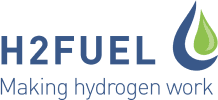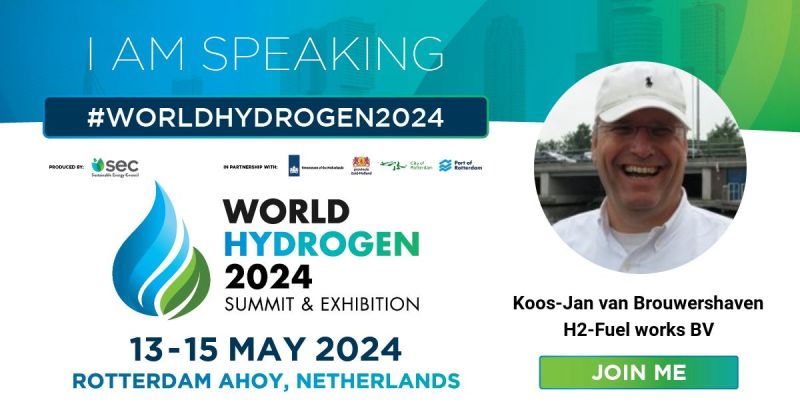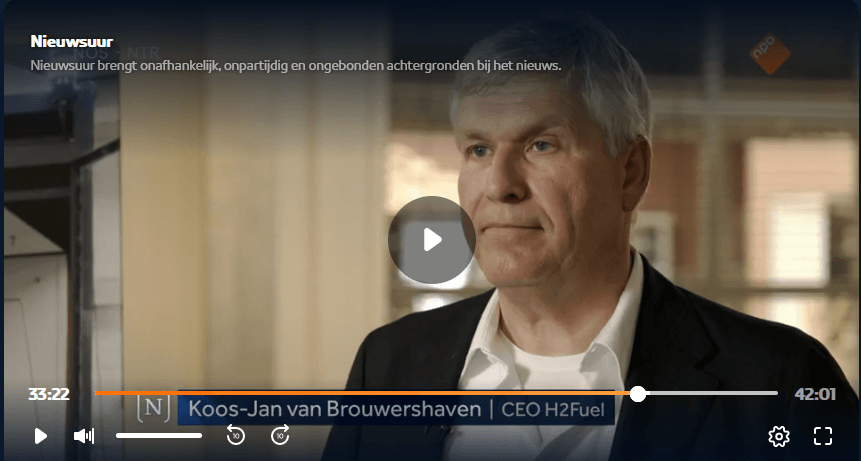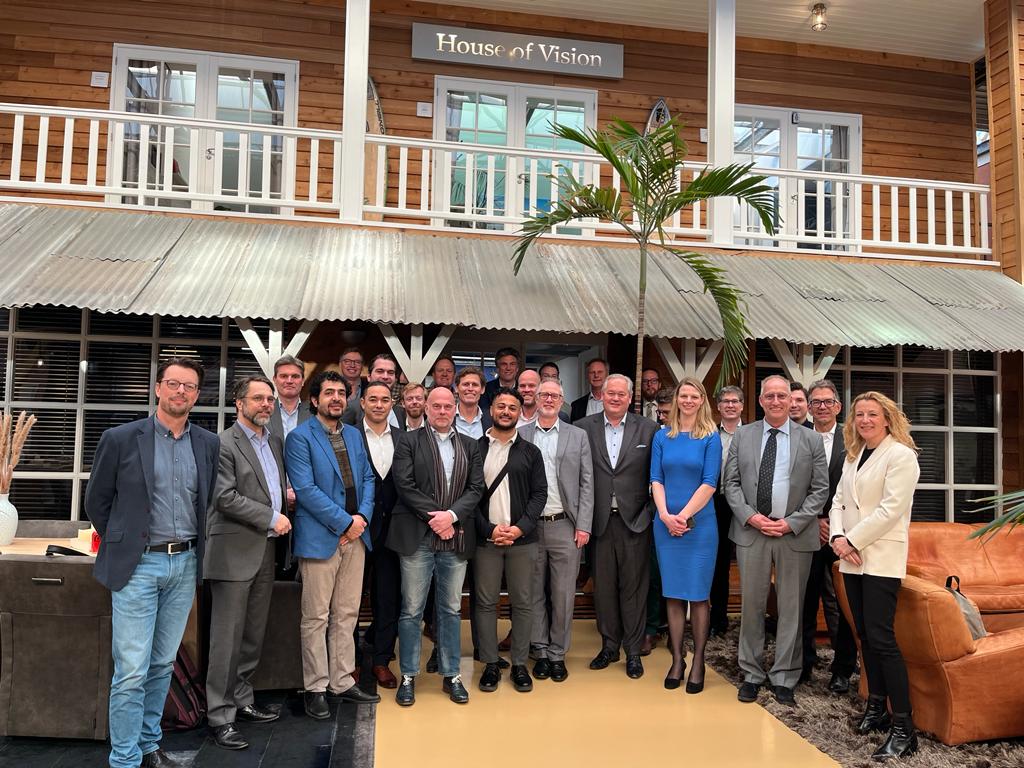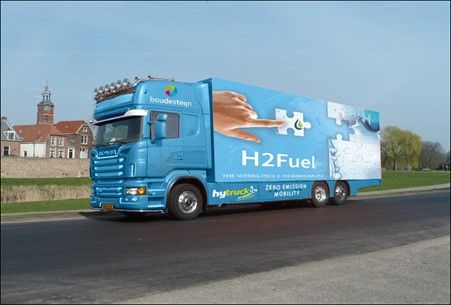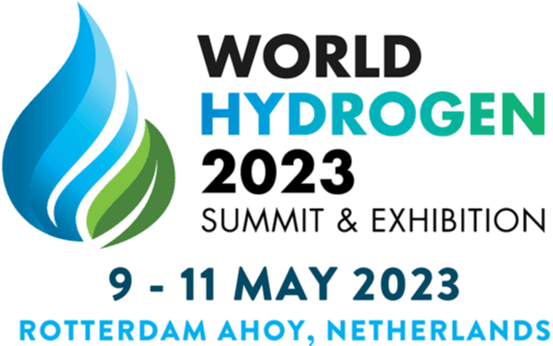
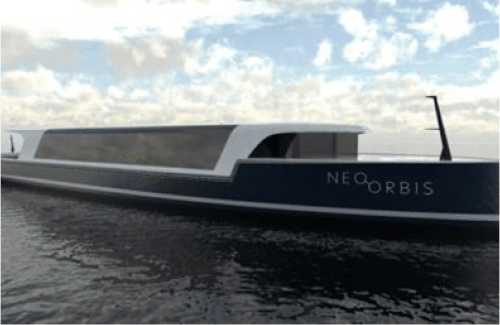
Neo Orbis will sail on H2Fuel
It is time to set power to full speed ahead for the energy transition. Port of Amsterdam is doing this in many ways, including the construction of a new saloon boat, as a pilot project marking a breakthrough innovation in renewable energy. The vessel will be called Neo Orbis: neo (new) comes from Latin and orbis (world) from Greek. It will sail using hydrogen in a solid form: sodium borohydride (H2Fuel).
This opens up a world of possibilities for the safe and compact use of hydrogen. So compact that vessels are expected to take to sea using this fuel in the future. This pilot will be conducted with the European project H2SHIPS. The partners of the project will ensure that more hydrogen-powered vessels will soon sail in north-west Europe. Let’s discover the new world of emission-free shipping using hydrogen.
Why H2Fuel?
The vessel is powered by electricity, which we generate using hydrogen. Because hydrogen is difficult to store on board in gas form, the vessel will use a new solid form of hydrogen: sodium borohydride (NaBH4). This substance reacts with water, producing hydrogen. It is much more compact and safer to store than hydrogen gas, which is highly flammable. Several factors are important to ensure sodium borohydride can compete with a fossil fuel as a fuel source.
- The substance must be compact enough to be stored on board (bunkering). This is measured by energy density.
- It must be economically competitive with gas oil (with a low sulphur content).
- It must also be at least as safe.
Sodium borohydride can already compete with diesel in two of these areas. Its volumetric energy density in its pure, dry form is much higher than other hydrogen sources and is close to that of diesel. It is also much safer than gas or liquid hydrogen. A residual product must be stored on board, known as the spent fuel. The spent fuel is processed on shore into new sodium borohydride.
With this pilot the consortium wants to show that this solid form of hydrogen can be used, not only reduce CO2 emissions (and other air pollutants, soot, sulphur oxide and nitrogen oxide), but to even reduce them to zero.
Do you want to know more? Download the brochure!
Related News
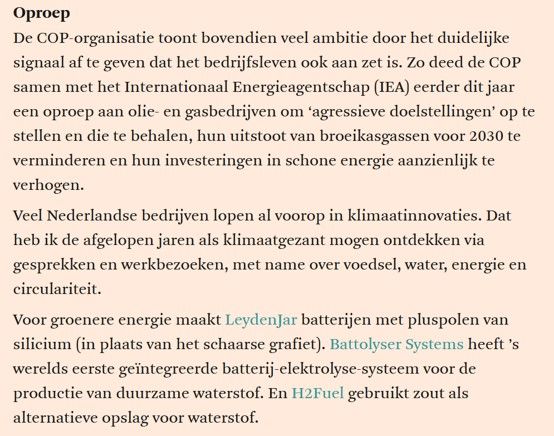
Take advantage of COP28
Dutch climate technology
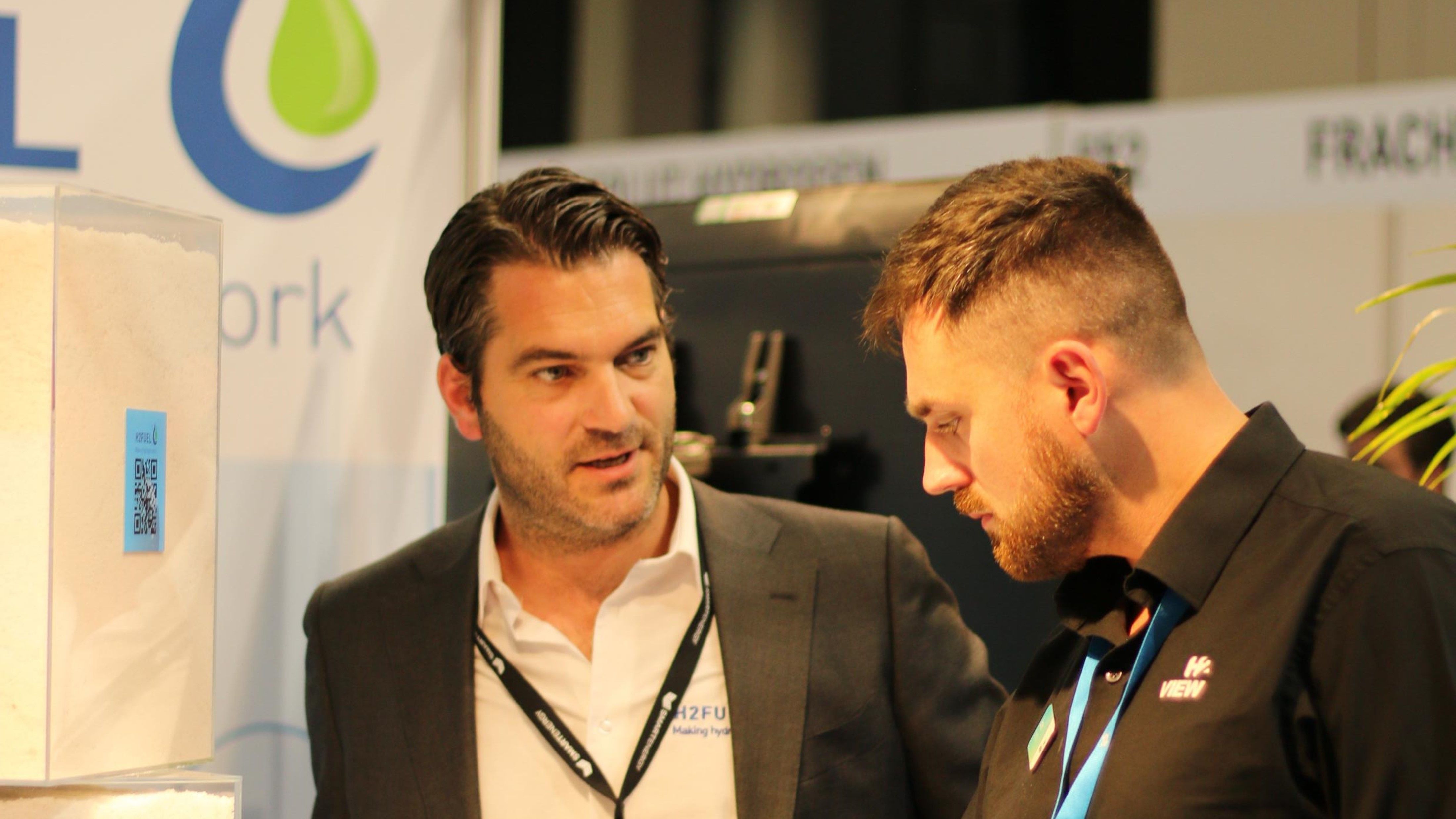
Great excitement at World Hydrogen Summit
Our H2Fuel team experienced two incredibly interesting days during the Hydrogen Summit in Rotterdam.
